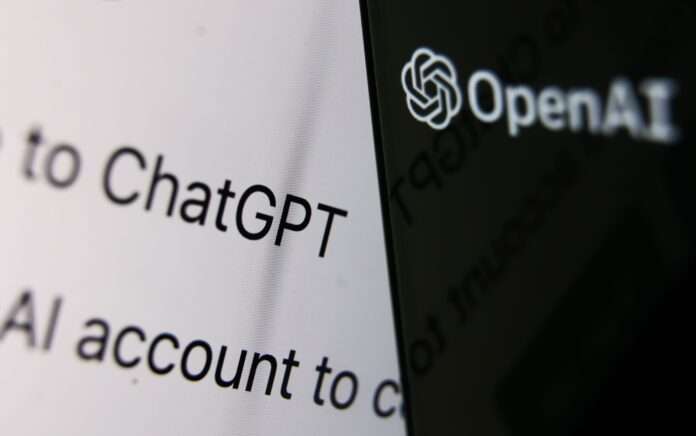In recent years, the rise of the internet and the proliferation of online platforms have transformed the job market. Online jobs have become a popular way to earn a living, offering flexible schedules, remote work options, and the ability to work from anywhere in the world. One area where online jobs have had a significant impact is in academic writing, particularly in Africa, where access to job opportunities can be limited.
Online academic writing involves creating academic content for students and researchers, including essays, research papers, and dissertations. These jobs are often freelance and can be completed remotely. The demand for online academic writing has grown significantly in recent years, as more students turn to the internet to find academic assistance. Online academic writing platforms provide a space for writers to connect with clients and complete assignments on a flexible schedule.
One tool that has revolutionized online academic writing is ChatGPT, a large language model developed by OpenAI. ChatGPT is an artificial intelligence platform that uses natural language processing (NLP) to generate human-like responses to text-based queries. This technology has had a significant impact on the field of academic writing, allowing writers to generate high-quality content quickly and efficiently.
In Africa, where access to traditional academic writing jobs can be limited, online academic writing has become a valuable source of income for many. Freelance writers can work for clients all over the world, breaking down geographic barriers and increasing access to job opportunities. ChatGPT has been particularly useful for African writers, who may face language barriers or lack access to academic resources.
For example, in Nigeria, freelance writer Bolaji Olaniyi uses ChatGPT to assist with his online academic writing assignments. Olaniyi notes that ChatGPT has helped him to complete assignments more efficiently, while also improving the quality of his work. He explains that ChatGPT has allowed him to access a wider range of academic resources, which has improved the accuracy and depth of his research.
Similarly, in Kenya, academic writer Margaret Wairimu has found ChatGPT to be a valuable tool in her work. Wairimu notes that ChatGPT has helped her to overcome language barriers, particularly when working on assignments in subjects outside of her area of expertise. She explains that ChatGPT’s ability to generate high-quality content quickly has been particularly useful in helping her to meet tight deadlines.
However, the use of ChatGPT in academic writing has also raised some concerns. Critics argue that the use of AI-generated content could lead to plagiarism or undermine the integrity of academic work. However, supporters of ChatGPT argue that the technology is merely a tool that can be used to assist with research and writing, and that ultimately, the responsibility for the quality of the work still lies with the writer.
In conclusion, the rise of online jobs has had a significant impact on the job market, particularly in Africa, where access to traditional job opportunities can be limited. Online academic writing has become a valuable source of income for many, and the use of AI technology such as ChatGPT has revolutionized the field, providing writers with a powerful tool for research and content creation. While there are concerns about the use of AI-generated content, the benefits of this technology for online academic writing are clear.





